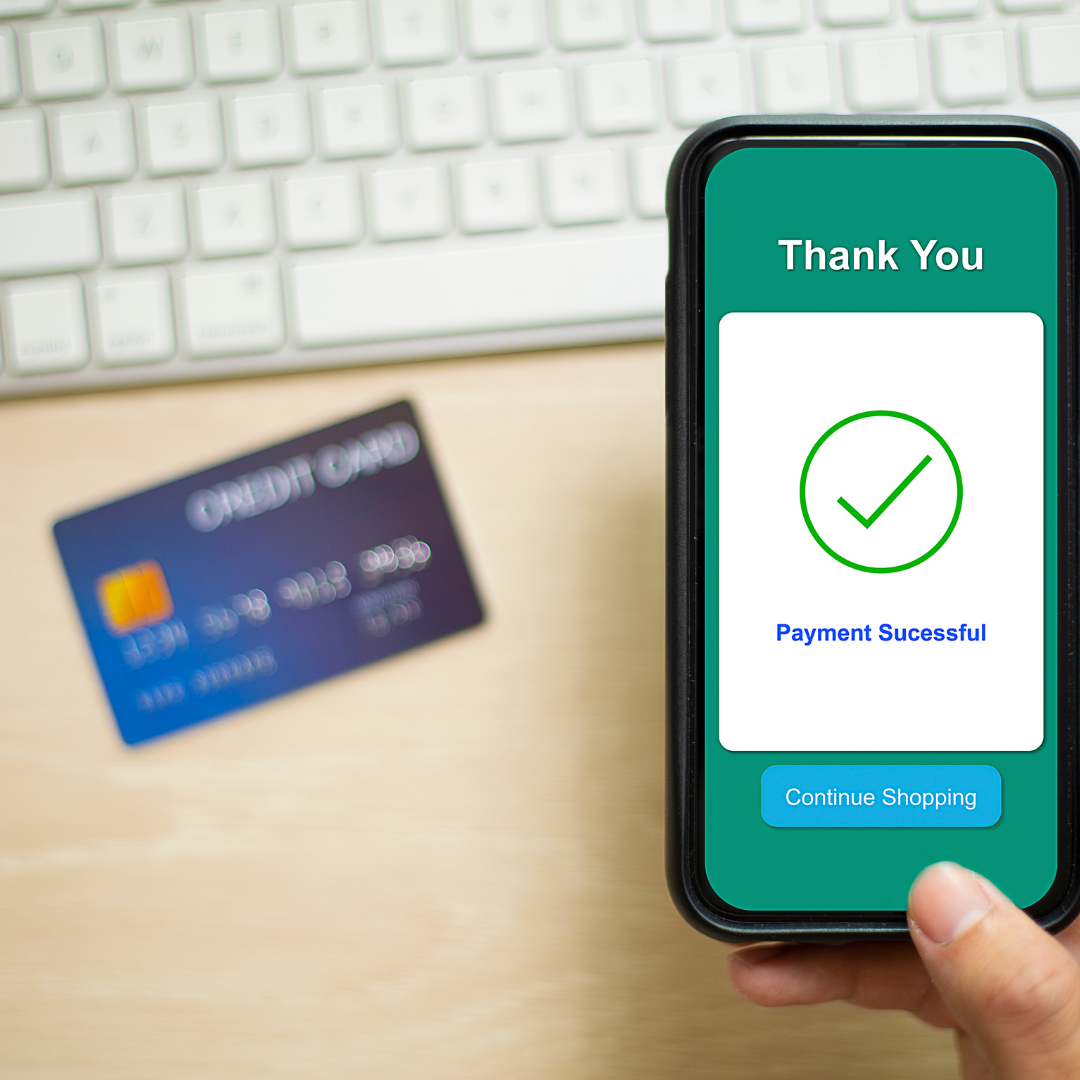SSL (Secure Sockets Layer) certificates play an important role in seamlessly and securely connecting payment gateways to websites and online platforms. These digital certificates form the basis for authentication and encryption, ensuring the creation protect sensitive financial information during online transactions.
First of all, SSL certificates establish a secure connection between the user’s web browser and the payment gateway server. This encryption protects all data transferred between these endpoints, including credit card information, personal information and purchase data. Without SSL encryption, this information could be intercepted and used by cybercriminals.
SSL certificates also act as trust tokens. When a web browser displays a padlock symbol or “https” prefix in a URL, it tells users that the connection is secure and their data is safe. This sense of security is important to build trust among customers, as they are more likely to pay when they feel their information is secure
In addition, SSL certificates are often a requirement to comply with industry regulations and standards, such as the Payment Card Industry Data Security Standard (PCI DSS) Failure to comply with this regulation can result in significant fines and reputational damage.
In summary, SSL certificates are an integral part of payment gateway integration. They provide the necessary encryption and authentication to protect sensitive financial information and ensure a secure Internet connection. By using SSL certificates, businesses not only enhance their security but also gain trust with customers and comply with necessary regulatory requirements, creating a secure and trusted environment for online payments










